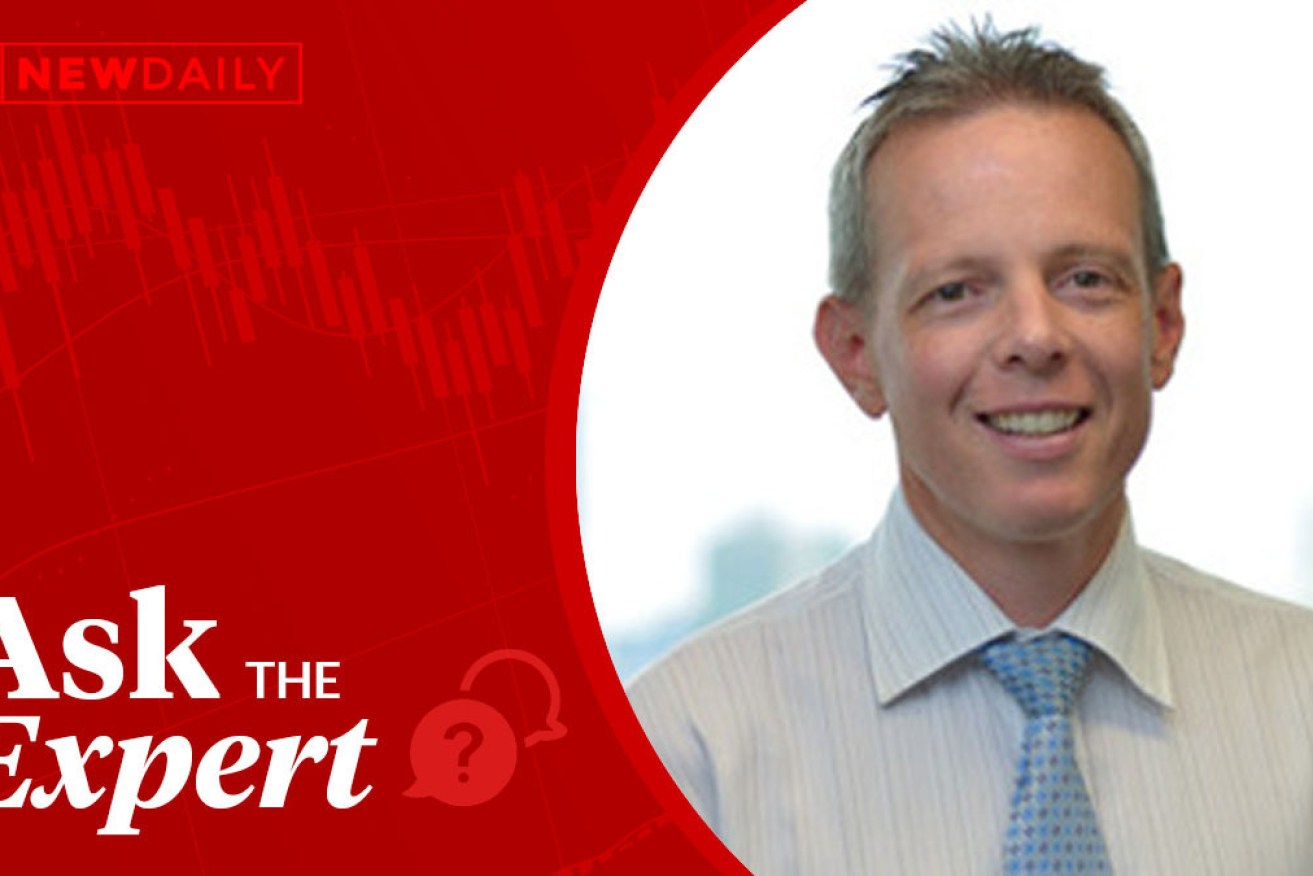Ask the Expert: How Centrelink uses ‘deeming rates’ to estimate your income


Licensed financial adviser Craig Sankey answers your burning finance questions. Photo: TND
Question 1: Please explain deeming points. How does it work and is it simply another tax to undermine superannuation savings?
Bank deeming was first introduced in 1991 to encourage recipients of the age pension and other income supports, such as JobSeeker, to maximise their total disposable income by investing to achieve returns equal to or greater than the deeming rate.
Deeming has since been extended to other products as well.
‘Deeming’ is used by Centrelink and the Department of Veteran Affairs (DVA) to assume how much income you earn on financial investments and to then count this amount in their ‘income’ test.
Using a simple formula like deeming is far easier for Centrelink than trying to obtain everyone’s actual income and interest earned.
For the following types of investments, Centrelink uses ‘Deeming’ to estimate your income and ignores the actual amount received. Therefore, if you are earning a higher rate than the deeming rate, it can work in your advantage:
- Cash
- Bank accounts
- Managed funds and the like
- Superannuation, once you are over age pension age
- Account-based pensions (since January 1, 2015)
- Shares and listed securities
- Loans/money owed to you.
Conversely, deeming is not used for the following assets:
- Real estate (including land and investment properties)
- Superannuation, under age pension age
- Some types of superannuation pensions and annuities
- Overseas pensions
- Wages
- Non-financial assets like cars, boats, home and contents.
The government is responsible for setting the deeming rates.
As of July 1, 2020, they have been as follows:
- Singles: 0.25 per cent on the first $53,000 and 2.25 per cent on the balance
- Couples: 0.25 per cent on the first $88,000 and 2.25 per cent on the balance.
For example, if you are single and have $50,000 in bank accounts, and a further $150,000 in a superannuation account-based pension, then the $200,000 would be combined and ‘deemed’ to earn the following rate of income:
- $53,000 @ 0.25 per cent = $132.50
- $147,000 @ 2.25 per cent = $3307.50
- Total = $132.50 + $3307.50 = $3440.
As a result, Centrelink and the Department of Veteran Affairs would in this scenario count $3440 per annum, or $132.31 per fortnight, under their income tests.
If you are a Centrelink or DVA client, they can further explain how the deeming system works, and let you know how much is being counted in your income test.
Question 2: Hello, if you are aged 78, and renting out your principal place of residence to try and earn some income (total income below $15,000), is your residence considered an investment, or can it still be your principal place of residence?
It’s unclear from your question whether you are still residing in your principal place of residence and have others boarding with you, or whether you are living somewhere else.
If you have moved out, Centrelink will still consider this your principal place of residence for up to 12 months and not count it under the asset test, so long as you do not have another principal place of residence (i.e. you can only ever have one principal place of residence).
From a tax perspective, it can remain exempt from Capital Gains Tax for up to six years, again so long as you only have one principal place of residence.
However, the income received will be assessed for tax and Centrelink income-testing purposes.
If, on the other hand, you are still living in the same home and have lodgers or boarders, then Centrelink will assess the income depending on what is provided, as per the table below:

Source: Department of Social Services
It’s worth noting, however, that if the boarder is either a parent, child, or sibling, then Centrelink does not count the money in the income test.
From a tax perspective all income is assessable, but you may be able to claim some tax deductions.
Please speak to a tax specialist for further information.
Craig Sankey is a licensed financial adviser and head of Technical Services & Advice Enablement at Industry Fund Services.
Disclaimer: The responses provided are general in nature, and while they are prompted by the questions asked, they have been prepared without taking into consideration all your objectives, financial situation or needs.
Before relying on any of the information, please ensure that you consider the appropriateness of the information for your objectives, financial situation or needs. To the extent that it is permitted by law, no responsibility for errors or omissions is accepted by IFS and its representatives.
The New Daily is owned by Industry Super Holdings








